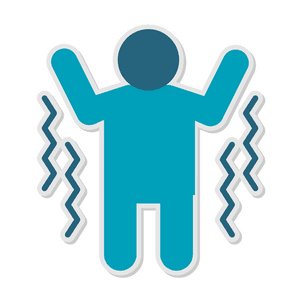
HD Changes the Way You Move
Understanding how HD affects movement is important to understanding Huntington’s disease. This symptom often causes confusion among caregivers and family members.
Often, someone with HD will move—or not move—in such a way that they seem careless, bored, angry, depressed, disinterested, or irritated.
In most cases, the person with HD is having an involuntary movement (chorea) or an impaired voluntary movement. This can result in slurring speech, swallowing difficulties, problems with balance, and falling.
Common movement issues of HD include:
-
Jerky, irregular, uncontrollable movements (Chorea)
-
Muscle problems, such as rigidity/tension (Dystonia)
-
Leaning to one side, slouching, or other changes in posture.
-
Less facial expression (facial masking or Hypomimia)
-
Difficulty maintaining a smile during conversation.
-
Quiet or monotone speech.
-
Loud, abrupt speech or responses.
-
Moving slowly (Bradykinesia)
-
Slow to start moving (Akinesia)
-
Difficulty doing activities in a sequence.
-
Poor eye contact.
With these spoken and unspoken traits of HD, it’s easy to assume your friend or loved one isn’t interested in speaking with you or engaging in a conversation, the exact opposite is frequently true.

